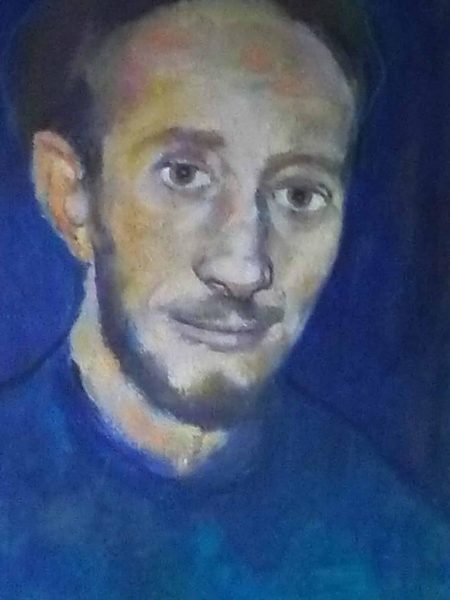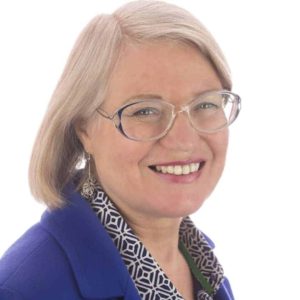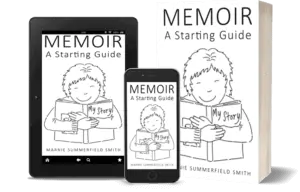On the subject of writing
If someone asked me six years ago how to write a book and get it published, I’d have said what I had been told, “Find a quiet spot and just start. You learn to write by writing.”
Now, six years later, I might add a little to that advice.
I had written diaries, short stories, and poems all my life. I often wrote sitting up in bed at night. It was a private pleasure, and I had never thought of publishing my work.
The spur to writing a ‘proper book’ came when my dearest friend John Oliver, died in 2014. John, or Joliver as I knew him, was born in 1925 without hands and with one club foot. Surprisingly, with his normal foot and his short arms, he led a full, exciting and entirely independent life. After training at art school to become an artist and teacher, he learnt to sail, became a chef and worked as a tug captain on the River Medway. Watermen knew him as ‘Johnny No Hands’, not in a derogatory way, but to distinguish him from the other Johns working on the river.
I met him when I was 24. For me, it was love at first sight and our lives wove in and out together for the next 40 years. He agreed to me writing his biography on the condition that I was not to take notes and must not to publish anything while he was alive. He then began telling me stories about his early life and left me all his papers, photos and his houseboat which was in urgent need of repair.
After he died, it took me a year before I started researching and interviewing his many friends. The first draft of 18 chapters (about 54,000 words) took three years to write.
I joined a writers’ group called Faversham Inklings which was helpful. We meet every fortnight to read our work and receive feedback. One piece of advice I was given was, “Don’t wait until you are published, but start the publicity early.” So I gave interviews to the Medway Messenger which became double-page spreads, and began giving slide shows and talks about John Oliver’s life.

He was well known around the Medway and Swale rivers as a character and tug captain on Hobbit, and my talks were popular – I even had to turn people away on one occasion. The Creek Trust in Faversham kindly provided a venue for talks, as did LV21, a lightship and arts venue in Gravesend, and Rochester library.
From these talks, I began collecting email addresses and sent my supporters an e-newsletter every four or five months with updates and photos. At first, I was using Constant Contact for the newsletters but this cost £18 a month. Now I use Mailchimp which is free, and just as good. I am grateful for help from KAB (Kent Association for the Blind) who found me a volunteer to help with the newsletter layout.
In 2021, I will be giving talks during the Estuary Art Exhibition in Faversham, Chatham, Gravesend and Leigh-on-sea in Essex. If you’d like to subscribe to my e-Newsletter send your name and email address to [email protected]
**
To set up a simple website, I went on a free one-day course for local small businesses and have improved and expanded this over time. I have two Facebook pages: John Oliver-an Extraordinary Life and Frances Rowley Beaumont-Author. These are free, but I pay a small amount a month to boost my posts to a wider audience. All this publicity, including writing this blog, takes time away from writing the book but is part of the necessary process of marketing. My goal is to have 500 subscribers before I publish the book, and I’m well on the way to that now.
For some time, the lack of money was slowing me down. I needed to pay for website management and hosting (which was very expensive), computer repairs and upgrades, travel and someone to type the interviews I had recorded.

To raise funds, I promise a signed copy of the book in advance for a minimum donation of £20. Friends and family kindly donated, and members of the public signed up after my talks.
To get the first draft finished, I went away for three weeks to the isle of Iona to work undisturbed. On my return, in May 2018, I sent my book to Marnie Summerfield Smith for her opinion and waited anxiously to hear back from her.
I first met Marnie at an afternoon workshop on Memoir Writing as part of the Faversham Literary Festival. I was impressed with her experience, and her gentle but penetrating insights. I felt she was a safe pair of hands.
A few weeks later Marnie emailed me:
“So, what you have at the moment is more of a biography than a memoir. It is very much Joliver’s story, about him from an outside perspective. So that will be your biggest decision, to continue along those lines and tidy this into an excellent biography or write it as your memoir with Joliver as a central character – with the two of you sharing centre stage…
The deeply emotional parts were where you come into the story. I cried at the end. You have written about the time the two of you spent together so delicately. It’s just wonderful and the writing is of a very good quality especially in these parts…
I see why people have said to you that there’s not enough of you in it. I think it’s because you have told people you are writing a memoir about Joliver, so people are expecting it to be in your voice, with your thoughts and feelings…
The parts where you have written about you and Joliver are the most poignant and in terms of memoir writing, most satisfying in revealing the characters of you both and the love that you shared. You write well and on top of that, clearly, you have the potential and bravery to write something deeply personal. I would love to see more of that…
The potential for a remarkable, sweet uplifting memoir is there.”
I could see I had a choice to write a biography of John or completely change tack and rewrite a memoir of my life which included Joliver’s story. The challenge was daunting because I would be exposing things I had never written about before and my deepest feelings. I felt John was the main theme and feared that people would not be very interested in me, or my life.
My writing group had been saying the same thing to me for some time, and now I was hearing clearly from Marnie that my half of the story was equally important as Joliver’s.
I want to write the best book I can, so I started again. However, all the work on the first draft was not wasted. It was a necessary learning tool in the craft of writing.
The provisional title of the book changed from “Johnny No Hands” to “Johnny No Hands and Me” and I asked Marnie to become my editor. She suggested I begin the book with a chapter showing me in a challenging situation. I chose the one about John Oliver’s last few days of life, in the local hospital.
In Will Storr’s book, The Science of Storytelling he explains how the brain loves and needs stories and how you can feed into this natural process. I found this book very helpful and recommend it, whatever genre you are writing in because all writing is ultimately storytelling.
**
Virginia Wolfe said: “A woman writer needs money and a room of her own.” And I’ve found this to be true.
I have a tiny office in what used to be a coat cupboard, but lack of money has been a problem. I’m retired and was struggling to meet the extra costs of the book which included computer, website, and professional help, including editing. In 2020, I arranged Equity Release on my house which has given me cash in hand for the book and essential house repairs, so things are much easier now. I have employed a part-time assistant to type out interviews, do some research and manage my spreadsheet accounts, which I find difficult to see on the screen.
As an unknown author publishing my first book, I don’t expect to make money from it – I’d be happy to break even- but there is a possibility our love story could be turned into a film, which would be a very different scenario. I will know more when I send the book to publishers.
I would not have missed this experience of writing for anything. I have met so many interesting people, some of whom have become friends. I have learnt a surprising amount about John and myself. It’s been hard, but cathartic, to write honestly about times when things went spectacularly wrong in my life.
The writing group are in favour of this new voice I have found, and I get feed-back varying from, ‘It’s brilliant! Don’t change a word!’ to suggestions that a chapter is a bit too long. I take note of comments because the group represents a section of my future readers, but ultimately, I am the author.
I love working with Marnie as an editor. She understands the difficulty of memoir writing and is very encouraging. As an editor, she does not cross out paragraphs with a red pen as I had imagined she might, but asks questions and wants me to write more, and dig deeper!
If you asked me today,’ How can I write a book?’ I would encourage you to find a quiet place and start. Set money aside to support you and be prepared for a long roller-coaster ride to an unknown destination. You won’t regret it!
Frances Rowley Beaumont
Website for Johnny No Hands and Me: www.francesbeaumont.co.uk
Email: [email protected]
